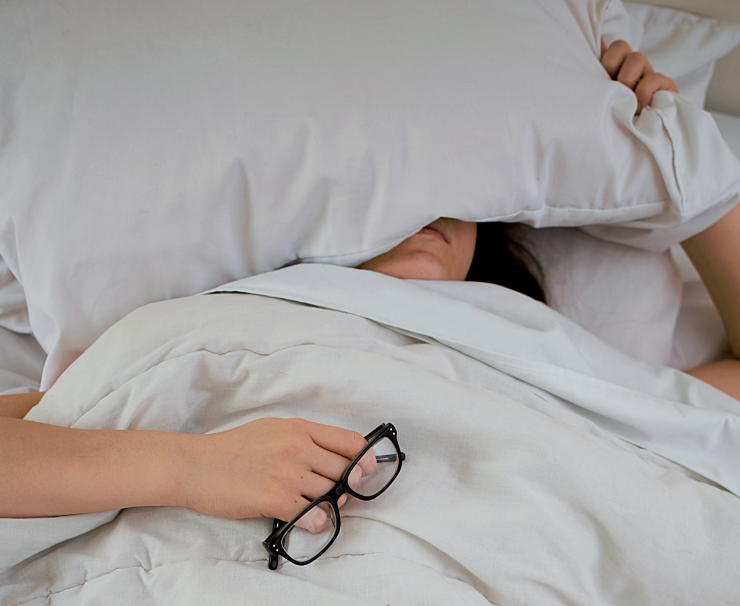Video
Sara Mednick, PhD: Why is Sleep so Beneficial?
Author(s):
Dr. Sara Mednick's pursuit to understand how to improve intelligence led her to an extensive career of studying the various mechanisms of sleep.
It's probably not surprising to learn that evidence has shown that the more time an individual spends using screens, the less sleep they get. While the blue light being emitted from most devices does initiate certain signaling in the brain, that's not the only factor to consider according to Sara Mednick, PhD, Professor of Cognitive Science, School of Social Sciences, University of California, Irvine (UCI).
"The content that we're viewing now, on screens, is a lot more emotionally charged and addictive," she said in an interview with HCPLive.
Mednick's pursuit to understand how to improve intelligence led her to an extensive career of studying the various mechanisms of sleep to further understand how cognition, health and longevity is supported by this state. She teaches at UCI and directs the university's 7-bedroom Sleep and Cognition Lab.
"The neuroscience field has focused a lot on the brain, and what we did [in the Sleep and Cognition Lab] is started to look at the contributions of the autonomic nervous system—which is regulating the body—and what is happening in the activity of the autonomic nervous system during sleep, and how that's associated with all of these great cognitive, emotional, well-being benefits that we know from sleep," Mednick explained.
There's more to it than the different stages of sleep.
"It's actually the boost in parasympathetic rest and digest activity, that is somewhat—even the most important because it's the most restorative time that we have during the entire 24 hour cycle," she said. "And we can actually link, the increase in that restorative response during sleep to all of the cognitive benefits that we're seeing happen because of sleep."
Her latest book, The Power of the Downstate, delves into this approach by following the "rhythm of upstates and downstates" that people operate in every day.





